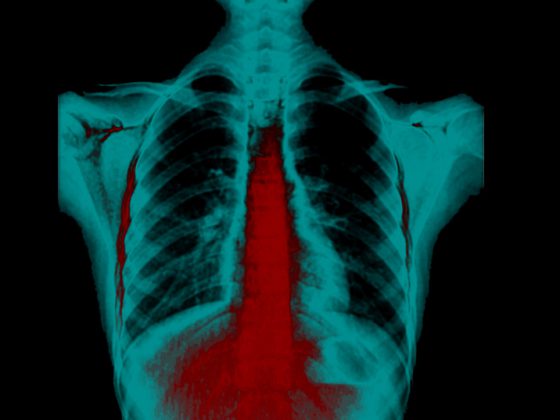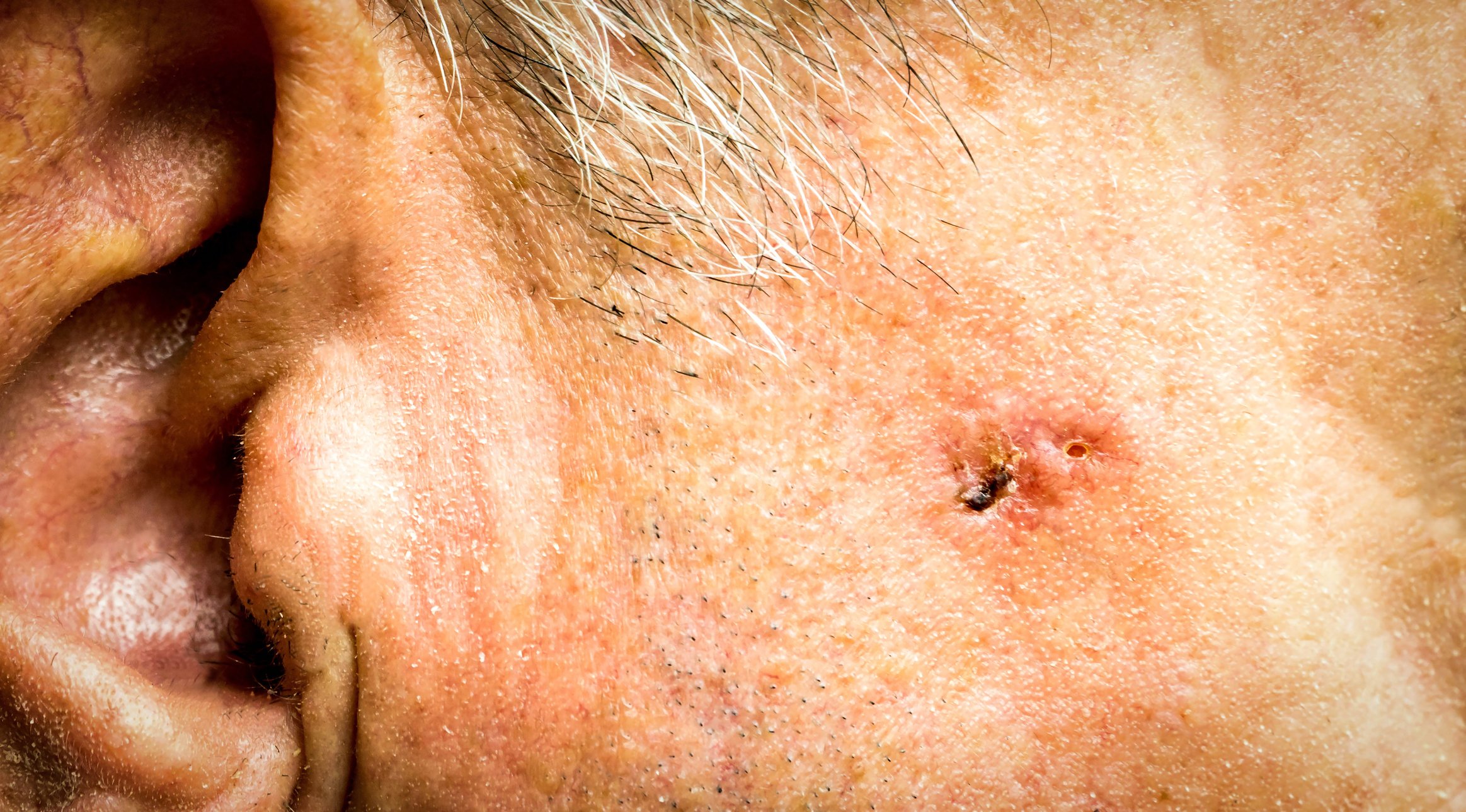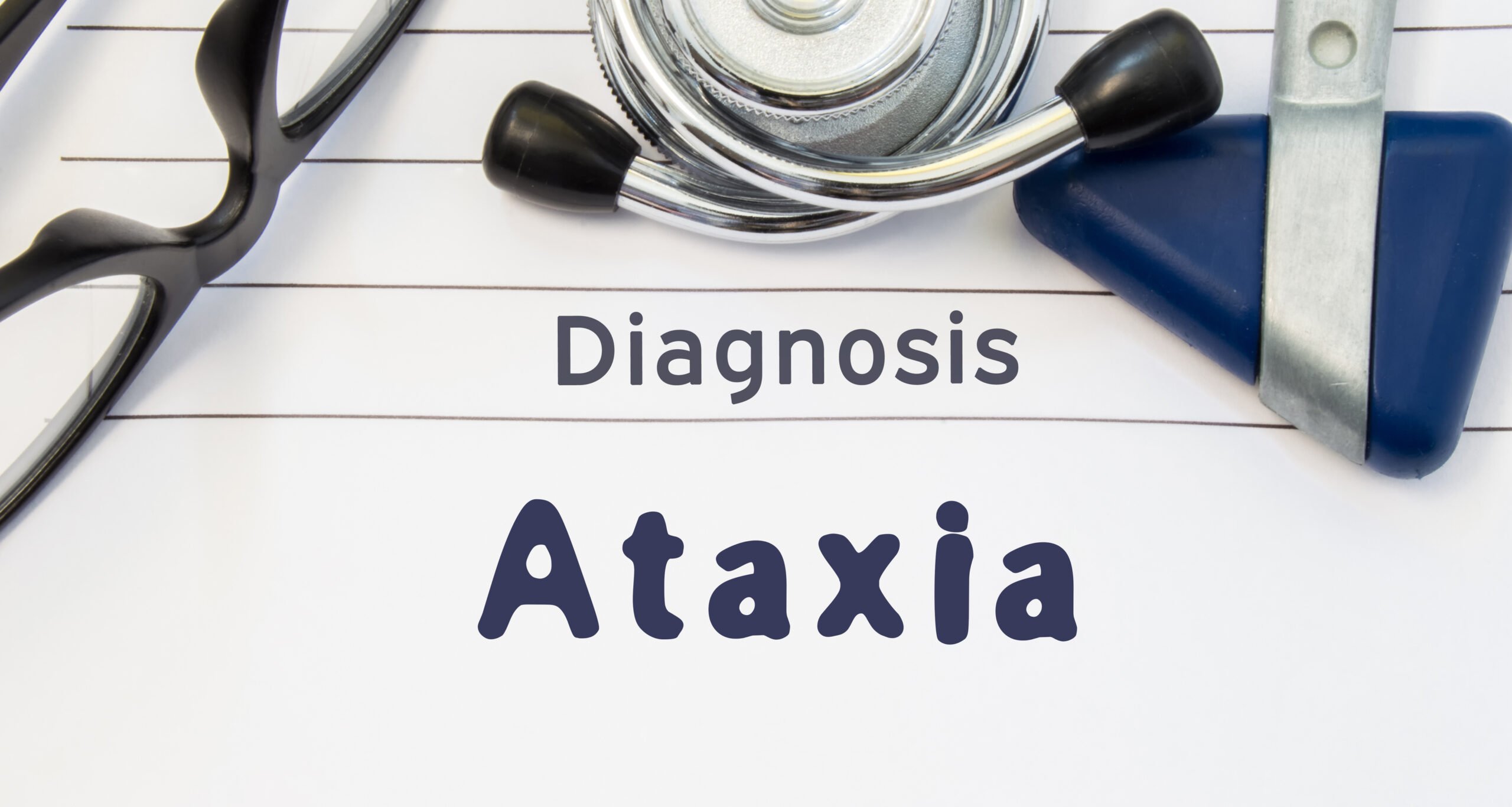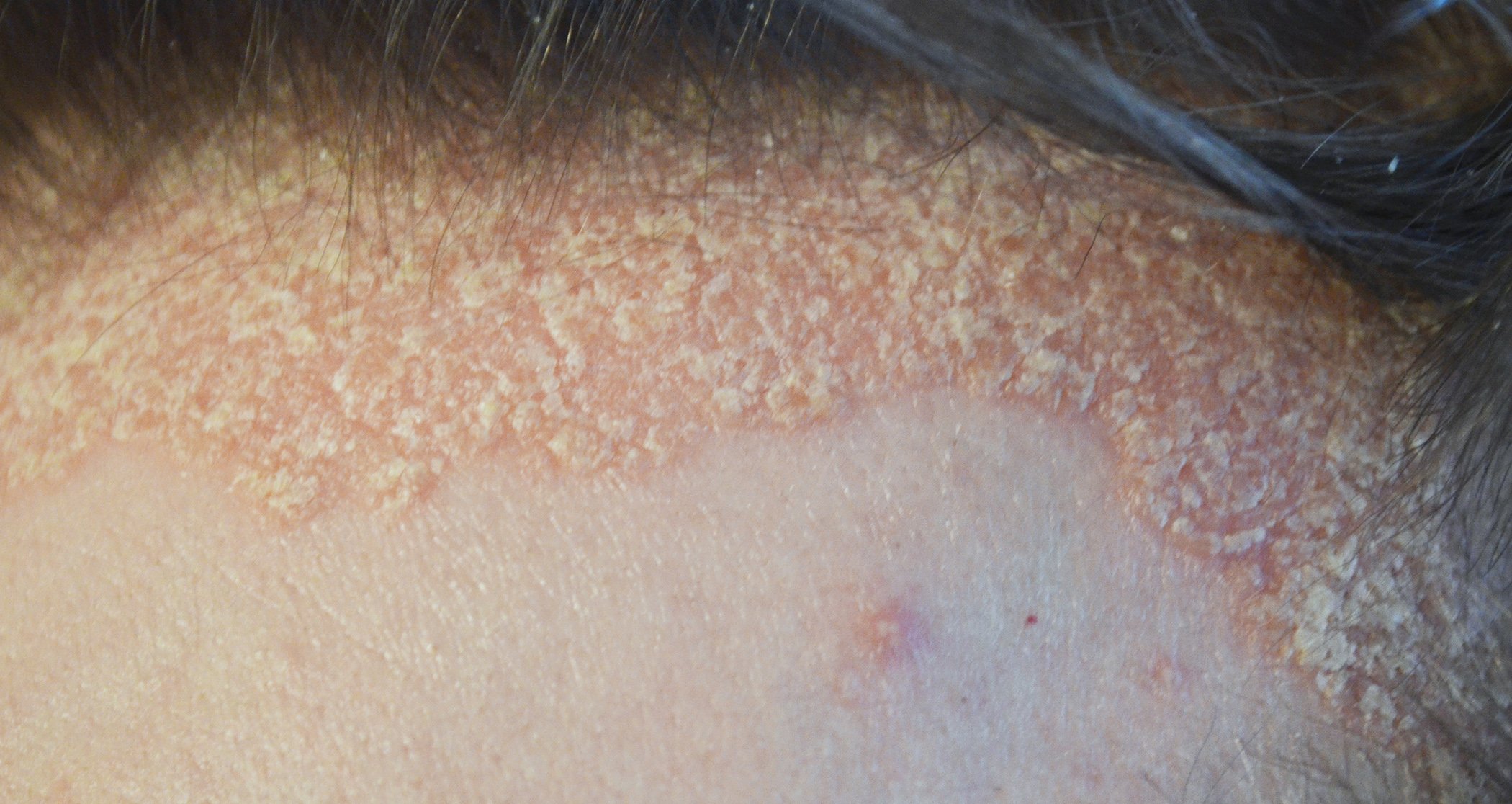The positive effect of Ginkgo biloba extract EGb 761® and similar Ginkgo preparations on cognitive disorders is sufficiently documented. But does ginkgo also work in younger, healthy individuals?
The first four clinical studies investigating the beneficial effects of EGb 761 extract® on memory and retentiveness were conducted with mentally intact seniors [1– 4]. Two of them showed a positive result [1,2], two others a negative [3,4]. However, the results of the negative studies must be questioned: The special circumstances of persons with intact brain performance were not taken into account in either study.
Does it also work for younger people?
Kaschel [5] took it to a new level when he investigated in 2011 whether EGb 761® can improve brain performance, i.e. memory and retentiveness, in healthy individuals who are not yet seniors. His subjects were between 45 and 65 years old, middle-aged. In his randomized, double-blind, placebo-controlled study, Kaschel examined 188 men and women between the ages of 45 and 65 with intellectual levels in the normal range. During six weeks, a total of 177 subjects underwent all tests (88 verum vs. 89 placebo). The per-protocol group consisted of 159 subjects (80 verum vs. 79 placebo). A dose of 240 mg EGb 761® (single dose or placebo) was administered daily. The outcome variables were defined by scores on everyday memory tests and subjective memory performance.
Positive results!
Table 1 shows significant superiority of EGb 761 extract® over placebo in 3 of 5 tests performed. The tests included qualitative and quantitative immediate and delayed (after 45 minutes) recall, as well as a test of how well subjects could recognize a path. In both quantitative recall tests, taking EGb 761 resulted in significant superiority over placebo (p=0.038 and 0.008, respectively). In qualitative recall, the verum group also performed significantly better in delayed recall and tended to perform better in immediate recall. With regard to route recognition, both groups performed equally well. However, the test arrangement allowed for an average result when randomly selected, which could imply some bias in the result. The subjects were also interviewed after the tests regarding their well-being and state of mind. There were no changes in general well-being or mood in either study group.
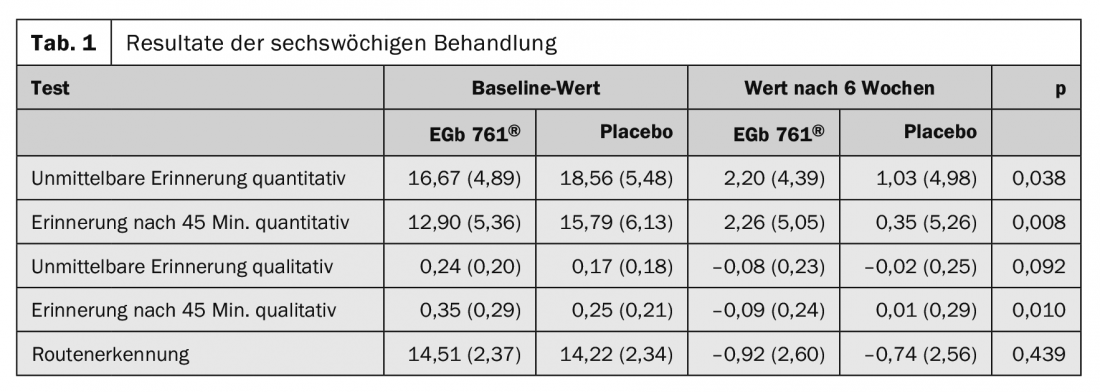
Interpretation
The results of this study by Kaschel allows several conclusions to be drawn:
- EGb 761® can be successfully used not only in elderly individuals with cognitive disorders, but also in middle-aged individuals with intact cognitive performance.
- EGb 761® leads to a significant increase in memory performance in this population.
- The benefits for increasing quantitative memory performance are particularly pronounced.
- The treatment and tests did not result in any changes in the mind and mood.
For everyday practice this means: The Ginkgo biloba extract EGb 761® can be used in everyday practice for people who are in a phase of life in which an improvement in memory performance is required.
Literature:
- Mix JA, Crews WD Jr: A double-blind, placebo-controlled, randomized trial of Ginkgo biloba extract EGb 671 in a sample of cognitively intact older adults: neuropsychological findings. Hum Psychopharmacol 2002; 17(6): 267-277.
- Mix JA, Crews WD Jr: An examination often the efficacy of the Ginkgo biloba extract EGb 671 on the neuropsychological functioning of cognitively intact older adults. J Altern Complement Med 2006; 6(3): 219-229.
- Snitz BE, et al: Ginkgo biloba for Preventing Cognitive Decline in Older Adults A Randomized Trial. JAMA 2009; 302(24): 2663-2670.
- Solomon PR, et al: Ginkgo for memory enhancement. A randomized controlled trial. JAMA 2002; 288(7): 835-840.
- Kaschel R: Specific memory effects on Ginkgo biloba extract EGb 671 in middle-aged healty volunteers. Phytomedicine 2011: 18(14): 1202-1207.
HAUSARZT PRAXIS 2019; 14(5): 6-8



